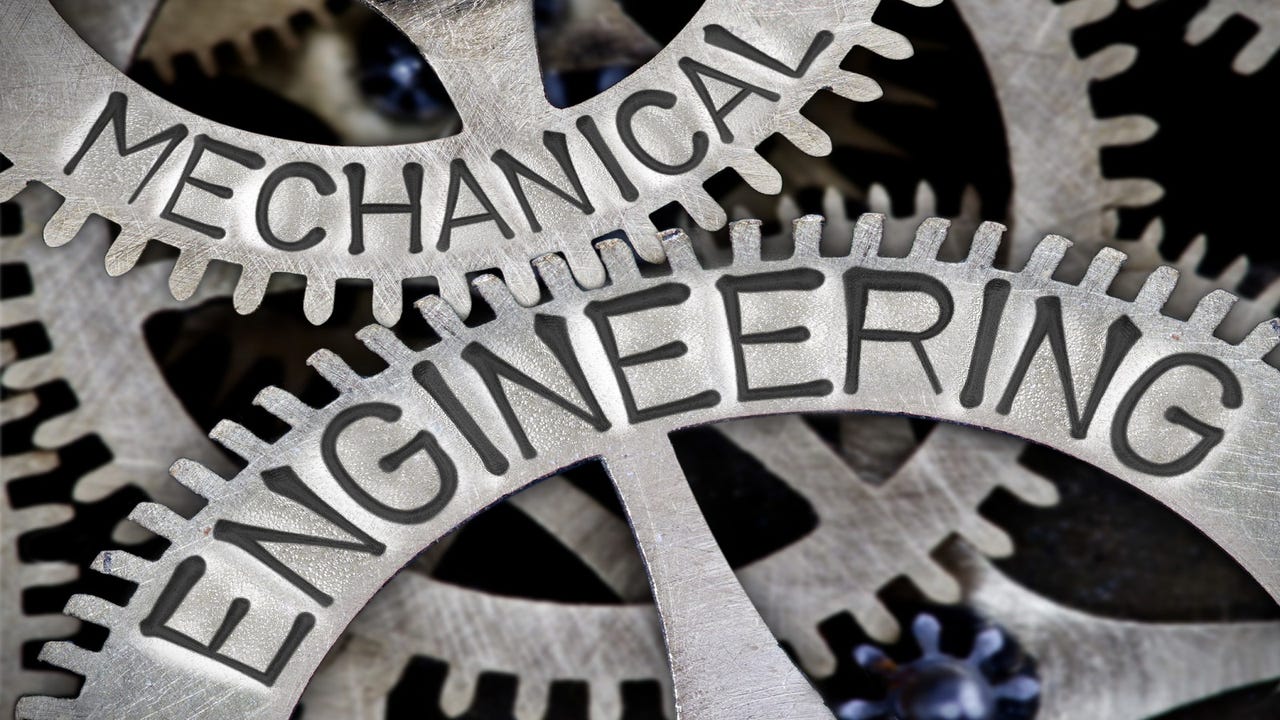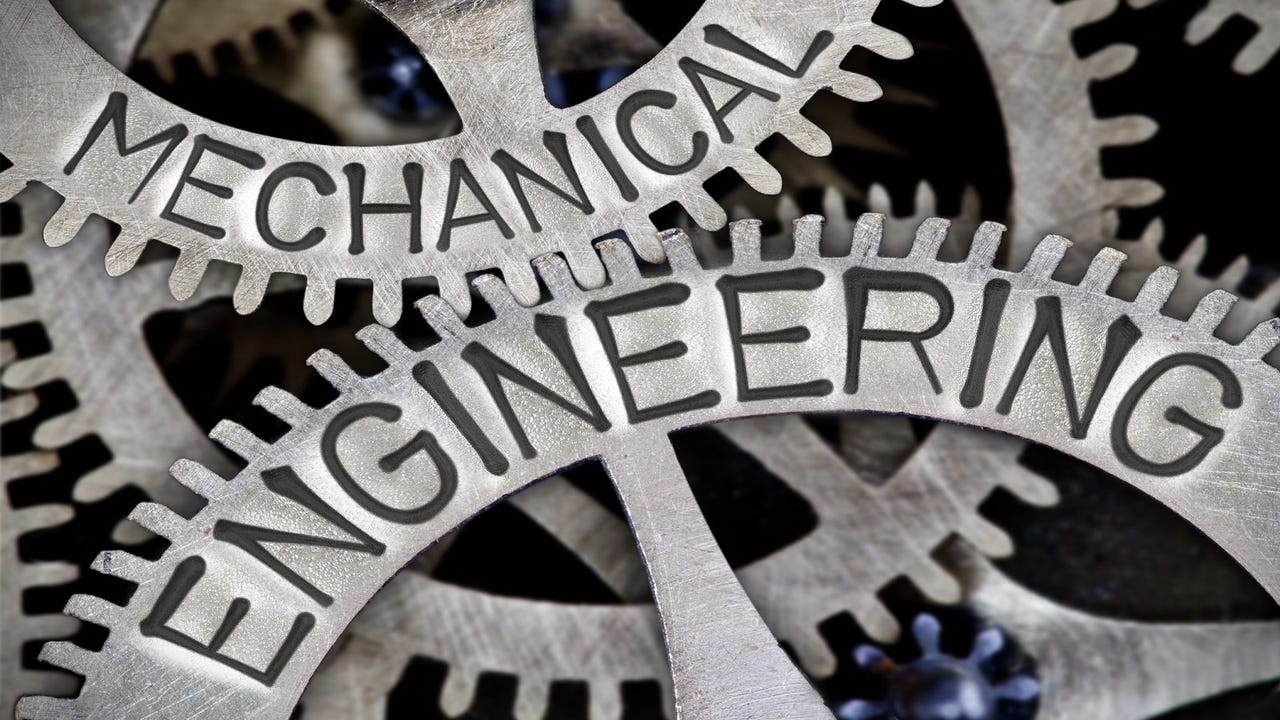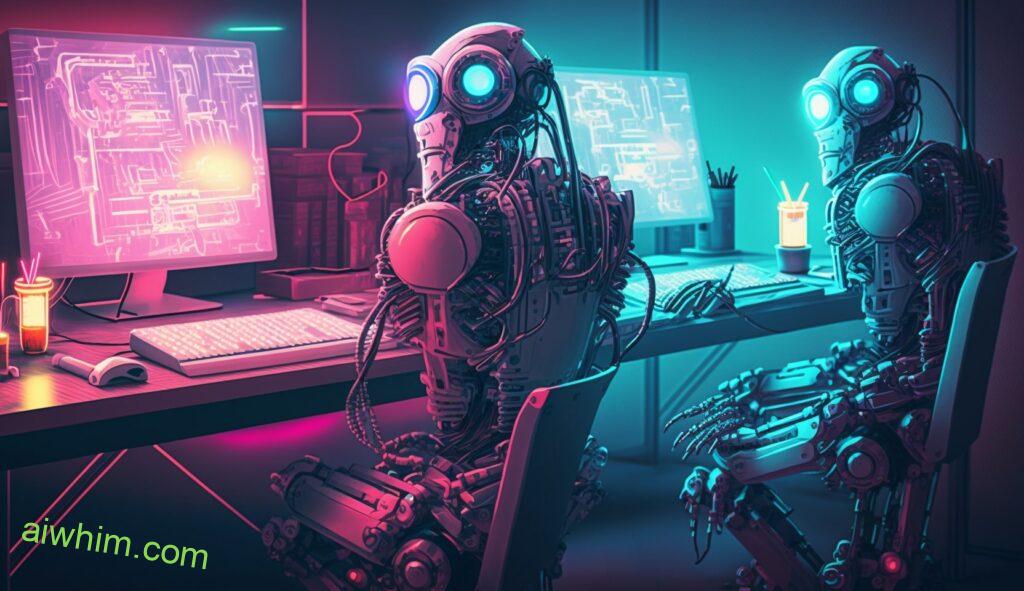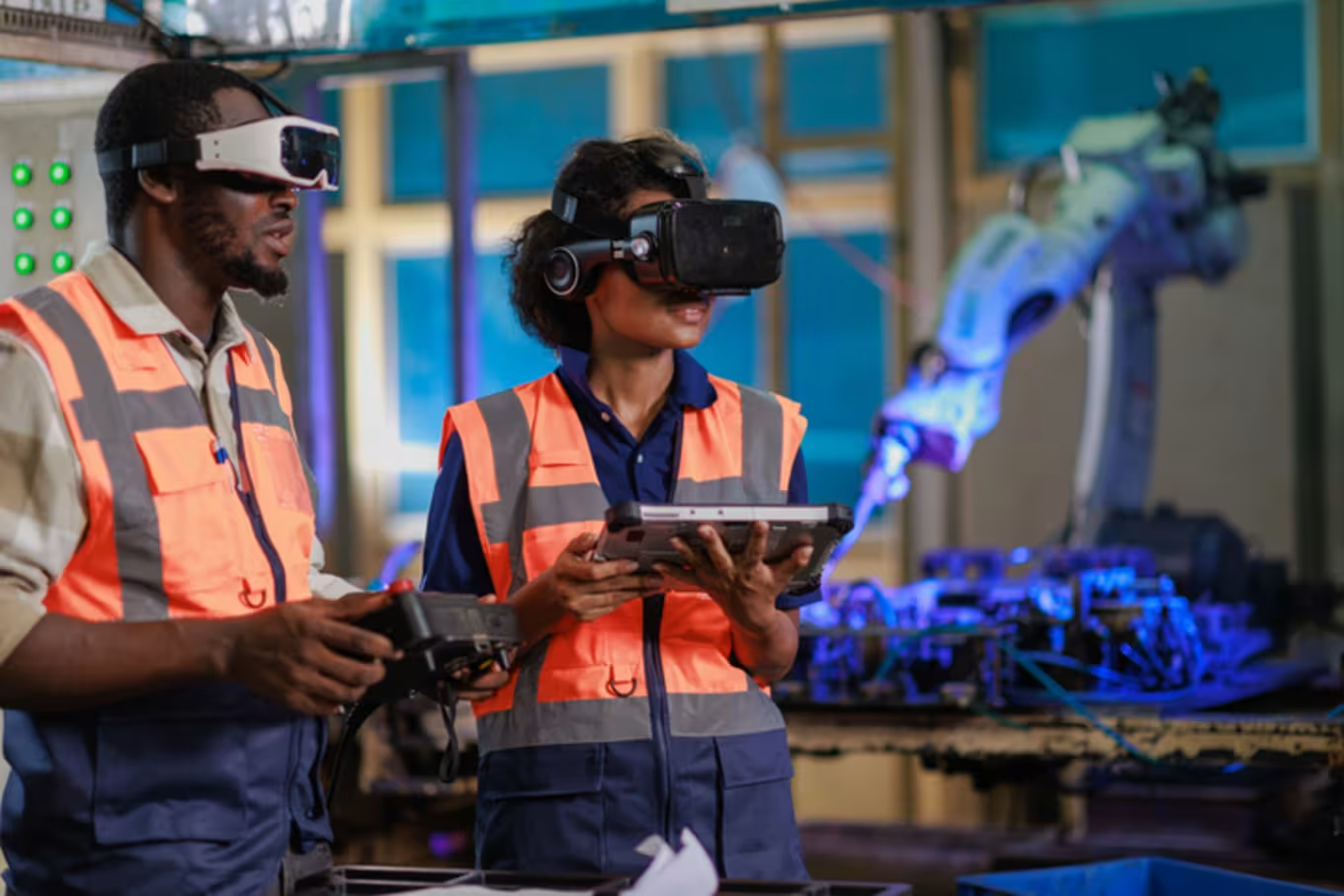As artificial intelligence continues to evolve, one burning question looms large: Will AI replace Mechanical Engineers? In this blog post, we explore the role of AI in the engineering landscape and examine its potential to transform or even threaten traditional engineering jobs.
We'll navigate through several key areas, including tasks AI might take over, those that still need human ingenuity, and how engineers can pivot to thrive in this changing environment. Whether you're a seasoned Mechanical Engineer or just curious about the intersection of technology and engineering, this post will equip you with insights to stay ahead.
Explore this post with:
Table of contents
AI: A Friend or Foe for Mechanical Engineers?
For many mechanical engineers, the rise of AI is both exciting and daunting. On one hand, AI is viewed as a powerful ally that can streamline processes and handle repetitive tasks, allowing engineers to focus on more creative and complex challenges. According to a study by the University of Strathclyde, many engineers see AI as a tool that augments their skills rather than replacing them. This perspective is echoed by experts who believe AI will automate mundane tasks, freeing engineers to delve into more innovative and strategic roles.
However, there are also concerns about job security and the need to adapt to a rapidly changing industry. A survey highlighted in a report by MDPI reveals mixed emotions among new engineers, with some fearing job displacement while others are optimistic about AI's potential to enhance their work. This underscores the importance of ongoing education and skill adaptation, as engineers must learn to collaborate with AI technologies. The MIT article also emphasizes the importance of integrating AI into existing workflows to maximize its benefits.
What Parts of Mechanical Engineering Jobs Will AI Replace?
AI is slated to automate several mechanical engineering tasks, particularly those involving repetitive data analysis and simulation. For example, AI systems can handle predictive maintenance by assessing machinery data to forecast failures before they occur, a task traditionally dependent on routine checks by engineers. According to a GCU Blog, AI frees engineers to focus on more creative and complex problem-solving activities.

Credits: Rutgers University
In the realm of design, AI leverages algorithms to optimize possibilities, significantly cutting down the time mechanical engineers spend on initial design iterations. As noted by Rutgers University, this involves using generative design techniques that explore a wider array of options, facilitating more innovative outcomes without exhaustive manual labor. Despite these advancements, AI is seen as augmenting rather than fully replacing the creative and decision-making roles intrinsic to mechanical engineering.
What Aspects of Mechanical Engineering AI Cannot Replace
While AI in mechanical engineering can automate routine tasks and provide analytical support, it cannot replace the nuanced expertise that requires critical thinking and human judgment. For instance, mechanical engineers frequently deal with complex problem-solving that demands a deep understanding and innovative solutions. According to Semiconductor Engineering, AI lacks the ability to replicate such human expertise, particularly when integrating context and experience into decision-making processes.

Credits: Design News
Furthermore, collaboration and communication are key aspects where mechanical engineers excel, which AI cannot mimic. Engineers work in teams and communicate complex ideas effectively, as noted in Design News. Adaptability is another trait that keeps engineers in demand, as they continuously evolve with new technologies and methodologies, a flexibility that AI struggles to match.
Finally, the creative process involved in engineering design and innovation remains uniquely human. Engineers often need to create new systems or designs from scratch, requiring creativity and inventiveness. As discussed in a ScienceDirect article, while AI can assist in design optimization, the initial creative spark that drives innovation is still a human domain.
Career Pivot for Mechanical Engineers in the AI Era
Mechanical engineers are seeing their roles evolve, not disappear, as AI augments capabilities in areas like design optimization and predictive maintenance. AI technologies are transforming manufacturing processes by improving precision and allowing for data-driven decisions, as highlighted by Discover Engineering. This shift means engineers will increasingly interpret production data and integrate advanced tools, as noted by Design News. Large Language Models (LLMs) also contribute by enhancing digital twins and generative design approaches.

Credits: EtiAmmos for iStock / Getty Images Plus via Design News
To adapt, mechanical engineers should learn AI and machine learning principles, alongside data analytics and programming languages like Python, as suggested by The Hindu. Developing interdisciplinary knowledge that combines mechanical expertise with data science will be key for future roles. Furthermore, soft skills such as communication and collaborative problem-solving remain highly valued, complementing the growing focus on software and "smart" design techniques. Continuous learning and critically assessing AI outputs are also important for responsible AI use, according to NJIT's AI Literacy White Paper.
Mechanical Engineer Hiring Trends in the US
The job market for Mechanical Engineers in the US is thriving with over 105,000 job openings nationwide, according to LinkedIn. The demand spans across various sectors including manufacturing, aerospace, and energy, with significant opportunities in cities like Los Angeles and Santa Clara. Companies are actively seeking talent with varying levels of experience from entry-level to senior positions.
A recent report by the US Bureau of Labor Statistics forecasts a 9% growth in mechanical engineering jobs from 2024 to 2034, which is faster than the average for all occupations. This growth translates to around 18,100 job openings annually, driven by the need to replace retirees and fill new positions. The median annual salary for mechanical engineers stands at $102,320, reflecting the strong demand for these professionals.
As industries integrate AI and automation, there's a rising need for engineers with skills in these technologies. A Vista Projects report highlights that sectors like renewable energy and infrastructure are key growth drivers, offering 18,000-20,000 new job openings annually. The mechanical engineering field is evolving, blending traditional roles with new tech-driven opportunities.
Is Mechanical Engineer AI safe?
Mechanical engineers can take a sigh of relief for now. While AI is making headway by automating tasks like design optimization and data analysis, it isn't expected to completely replace the human element of mechanical engineering. As highlighted in recent analysis, the job still relies heavily on human ingenuity for complex problem-solving, which AI can't quite mimic yet.

Credits: aiwhim.com
Despite some concerns about AI's encroachment, the consensus leans towards AI being a helpful ally rather than a nemesis. According to a nuanced article, AI is seen as a tool that complements human skills, enhancing productivity while leaving room for engineers to focus on creative and strategic tasks. This means more time for engineers to innovate and less time spent on repetitive chores.
The future looks collaborative rather than combative. As suggested by experts, embracing AI could lead to job evolution rather than extinction, with engineers adapting to new roles that involve leveraging AI. So, while AI isn't 'stealing' jobs, it's certainly nudging engineers to upgrade their skills and keep pace with technological advances.
Hiring Mechanical Engineers? Here's What to Look For
When hiring mechanical engineers, ensure candidates possess a mix of technical and soft skills that enhance their effectiveness in a collaborative environment. Look for expertise in CAD software, a solid grasp of thermodynamics, and programming skills in languages like Python. Candidates should also be adaptable, willing to engage with emerging technologies such as AI and automation, as these are increasingly integrated into mechanical systems.
To streamline your screening process, consider utilizing Adaface's Mechanical Reasoning Test. This test evaluates candidates' understanding of core mechanical concepts through scenario-based questions. Additionally, the Prompt Engineering Test and Generative AI Test can help assess how well candidates can integrate AI tools into mechanical engineering tasks.
Prompt Engineering Test
Generative AI Test
Mechanical Reasoning Test
Shining Bright: The Future of Mechanical Engineering with AI
Mechanical engineers, rejoice! The advent of AI is not about job replacement but about enhancing creativity, efficiency, and innovation in the field. Imagine a world where AI handles repetitive tasks, giving you the freedom to focus on groundbreaking designs and complex problem-solving. This transition is more about evolving your role to become a strategic thinker and innovator rather than just a technical operator. With AI tools, your work can lead to unprecedented advancements, as highlighted in research from MIT, showing how AI can significantly improve design processes and decision-making.

Credits: Grand Canyon University
For those hiring in mechanical engineering, the future is equally bright! As AI integrates into workflows, companies that embrace these technologies will find themselves at the forefront of innovation. Mechanical engineers equipped with AI skills will be in high demand, offering businesses a competitive edge. Firms can expect to achieve higher productivity and better product quality by leveraging AI's capabilities for design optimization and predictive maintenance, as shown in the findings from Cadalyst. The path forward is paved with opportunities, and the collaboration between human ingenuity and AI will shape a bright future for engineers and employers alike.

40 min skill tests.
No trick questions.
Accurate shortlisting.
We make it easy for you to find the best candidates in your pipeline with a 40 min skills test.
Try for freeRelated posts



